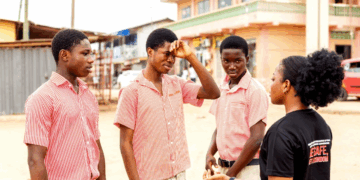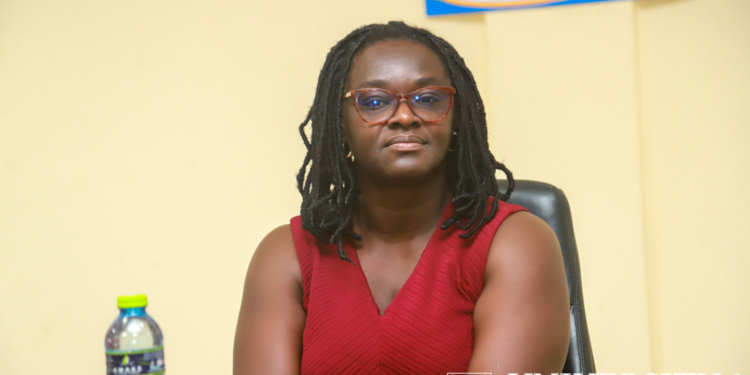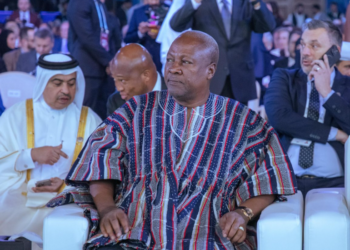The vice chairperson of the Intergovernmental Panel on Climate Change (IPCC), Professor Nana Ama Browne Klutse has underscored the need for all to be cautious about climate change and its effect on the peace and security of Ghana and Africa.
she emphasized that the risk of climate change has heightened and the history of the climate change system to the present future all indicate it is a threat to humanity.
Highlighting factors contributing to this phenomenon, she mentioned that the shift from traditional beliefs to religious beliefs has impacted cultural practices thereby affecting human protection of the environment.
She pointed out that in the past, strong cultural values safeguarded nature including not cutting trees near rivers or preserving certain farm animals.
However, she asserted that these practices have waned and contributed to climate change issues.
Prof. Nana Ama Browne Klutse stated this at the biennial workshop organized by the Sustainability Development Goals Graduate School, an interdisciplinary collaborative training network of graduate students by the University of Hildesheim, Germany, University of Maiduguri, Nigeria, and the University of Cape Coast.
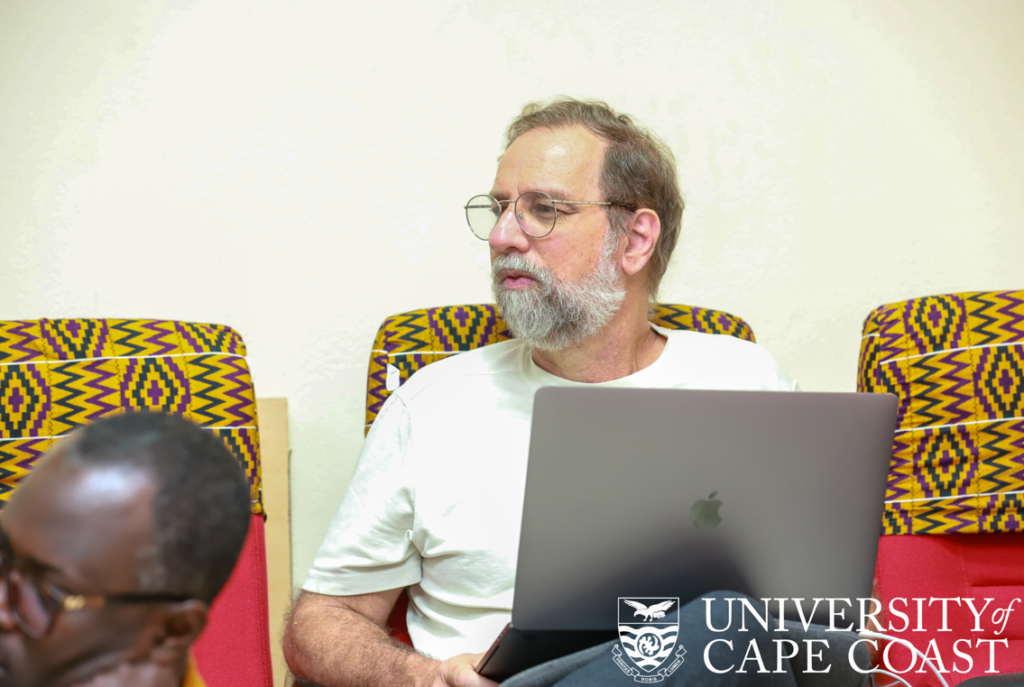
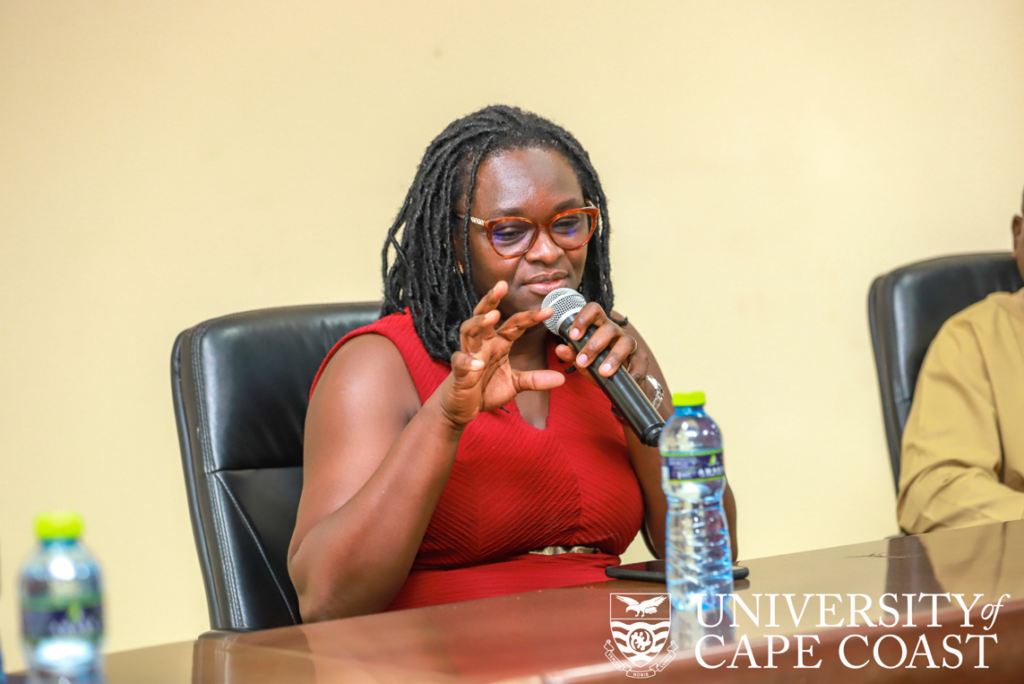
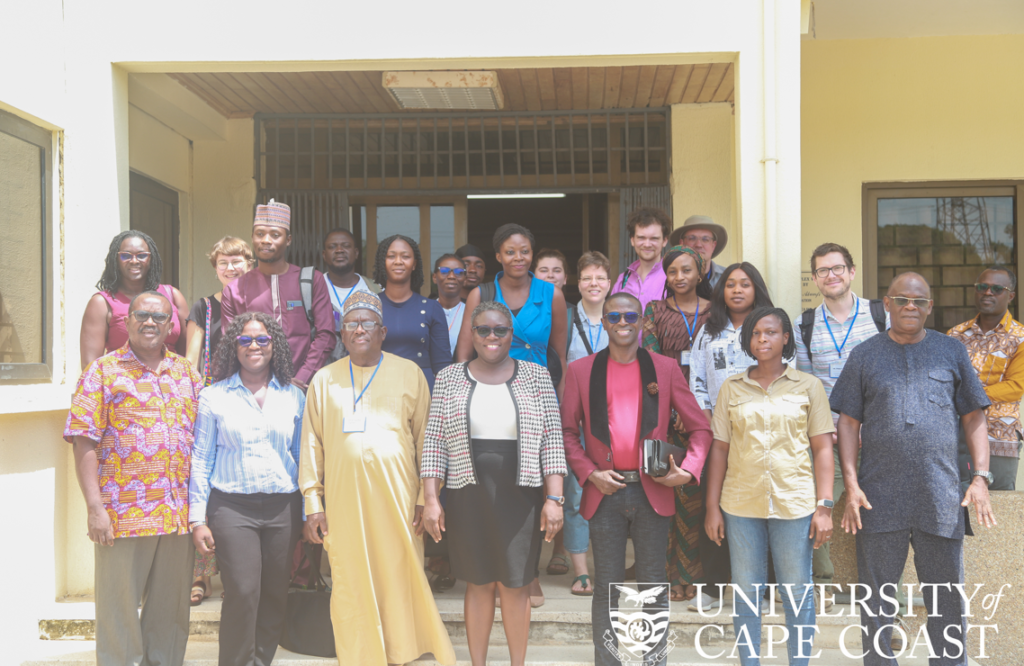
The workshop funded by the German Academic Exchange Services (DAAD) aims at training students on topics such as culture, conflicts, arts, and sustainable development.
Speaking on the theme, “Culture, Climate Change and Security in Ghana and West Africa’’, vice chairperson of IPCC added that modernization has caused more harm to the environment and advocated for communities to embrace their traditions and values system.
Meanwhile, a professor of peace and security at the University of Ghana, Legon, Professor Emmanuel Ken Ahorsu highlighted that climate change poses a severe threat as 70-80% of people in the West African region rely on the land for their livelihood.
He said the lack of technology to control weather conditions adds to the difficulty and the effects of climate change is likely to force humans and animals to migrate.
“…from a security perspective, birds, and fish are migrating, so human beings have to migrate because climate change leads to loss of livelihood and sustainable life.”
Read also: Read more news here
Source: Angelina Riley Hayford/ATLFMNEWS





